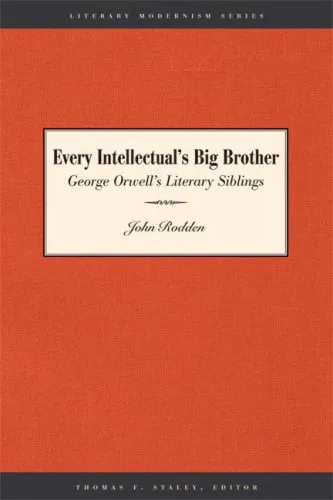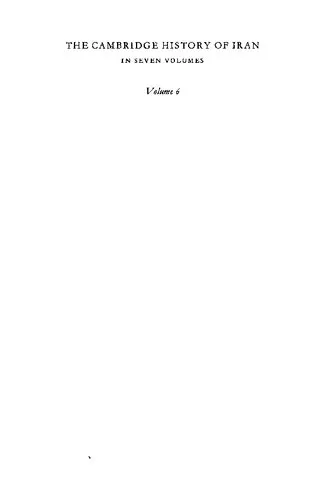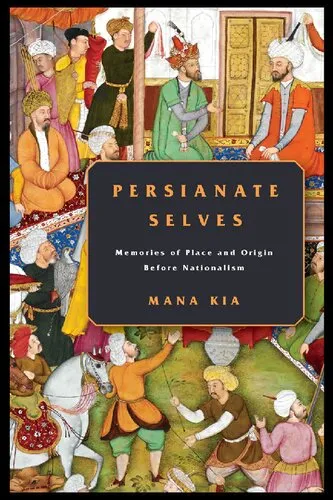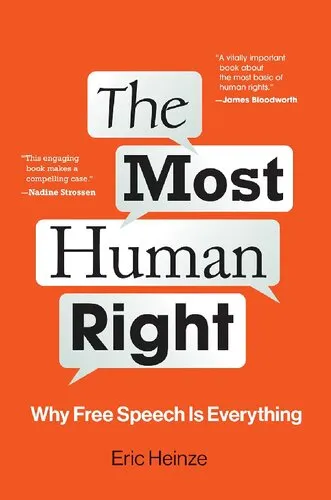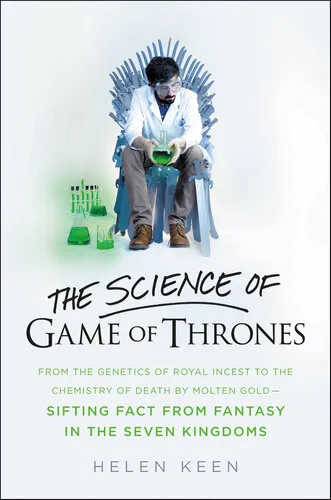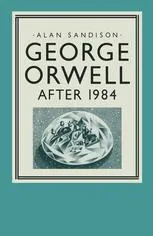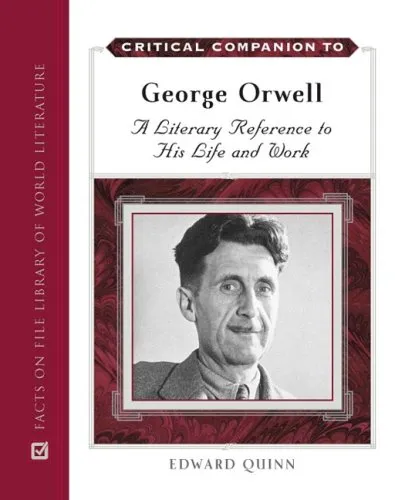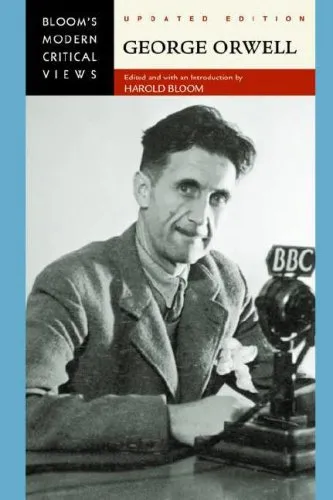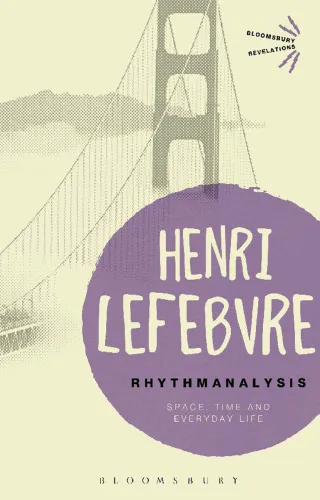Every Intellectual's Big Brother: George Orwell's Literary Siblings (Literary Modernism Series)
4.2
Reviews from our users

You Can Ask your questions from this book's AI after Login
Each download or ask from book AI costs 2 points. To earn more free points, please visit the Points Guide Page and complete some valuable actions.Related Refrences:
Introduction
Welcome to the world of George Orwell, one of the most revered literary figures of the 20th century, whose influence extends far beyond his own time. In Every Intellectual's Big Brother: George Orwell's Literary Siblings, we take an in-depth look at Orwell's lasting legacy through the lens of his relationships—real, intellectual, and imagined—with other literary giants. This book explores the dynamic dialogues between Orwell and his contemporaries, illustrating how their ideological exchanges shaped his body of work and, more broadly, the intellectual traditions of modernism and political thought.
Orwell does not exist in a vacuum; his writing is part of an expansive network of literary and intellectual kinships. By examining Orwell's "literary siblings," I seek to uncover how his works converse with—and respond to—the critiques and contributions of others. This exploration enhances our understanding of Orwell not just as a solitary voice of moral clarity, but as an intellectual deeply engaged with his cultural milieu.
Detailed Summary of the Book
What lies at the heart of this book is a critical exploration of George Orwell’s creative influences and his role in the collective intellectual currents of his era.
From the conflict-filled ideologies of the 1930s to the existential crises of the post-WWII period, Orwell's works reflect his grappling with the same intellectual challenges that preoccupied his peers. This book delves into his dialogue with figures such as Aldous Huxley, the author of Brave New World, offering a comparative analysis of their dystopian visions. It also reflects on his creative interplay with T.S. Eliot, Arthur Koestler, and even predecessors like H.G. Wells.
Orwell’s relationship with his “siblings” extends into key themes such as totalitarianism, individual autonomy, and the nature of truth in a propaganda-driven world. Through nuanced analysis, we uncover how these connections enriched Orwell’s ability to articulate his own vision, culminating in iconic works like Nineteen Eighty-Four and Animal Farm.
Key Takeaways
- Orwell as Interlocutor: The book provides insights into how Orwell critiqued and corresponded with fellow thinkers, making him not only a writer but an important contributor to broader intellectual dialogues.
- Shared Themes of Modernism: Learn how Orwell’s work fit into the broader modernist tradition and his unique innovations in addressing recurring themes like alienation and political oppression.
- The Influence of Dystopian Literature: Gain an enhanced understanding of Orwell as both a beneficiary of and a contributor to the dystopian canon.
- Cross-Pollination of Ideas: Discover the nuanced ways in which Orwell's contemporaries and predecessors shaped his views and, in turn, were influenced by him.
- Why Context Matters: Understand why it’s impossible to fully appreciate Orwell without situating his work within the broader literary and socio-political network of his time.
Famous Quotes From the Book
Here are some memorable lines that capture the essence of Every Intellectual's Big Brother:
"No genius creates in isolation; even the most original mind is nourished by the ideas of its contemporaries."
"Orwell’s genius lies not just in his incisive critique of totalitarianism, but in his ability to synthesize the intellectual currents of his time into a moral vision for humanity."
"To understand Orwell is to understand his ‘siblings’—the writers, critics, and thinkers who shaped his intellectual landscape."
Why This Book Matters
So why does this book deserve your attention? Here’s why:
George Orwell is often celebrated as a solitary figure standing against the tides of propaganda, falsehoods, and oppression. While this portrayal offers a compelling image, it overlooks the rich intellectual conversations that played such an integral role in shaping his thought. This book fills this gap, emphasizing the collaborative and dialogical essence of Orwell’s genius. By doing so, it enhances our appreciation of Orwell’s works while grounding his achievements in the broader cultural and historical contexts that made them possible.
For fans of Orwell, literary criticism, and intellectual history, Every Intellectual's Big Brother is more than just a study of Orwell—it's a study of his time, his influences, and the universal themes his works addressed. It not only celebrates Orwell but also invites readers to see him in a new, richer dimension as part of a 'literary family.'
Free Direct Download
You Can Download this book after Login
Accessing books through legal platforms and public libraries not only supports the rights of authors and publishers but also contributes to the sustainability of reading culture. Before downloading, please take a moment to consider these options.
Find this book on other platforms:
WorldCat helps you find books in libraries worldwide.
See ratings, reviews, and discussions on Goodreads.
Find and buy rare or used books on AbeBooks.
1287
بازدید4.2
امتیاز0
نظر98%
رضایتReviews:
4.2
Based on 0 users review
Questions & Answers
Ask questions about this book or help others by answering
No questions yet. Be the first to ask!
